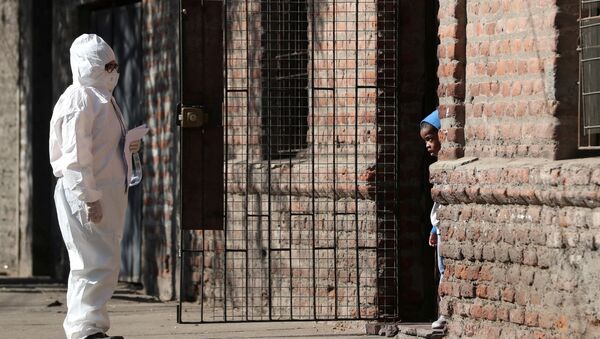The UK government’s hesitance to implement lockdown restrictions saw the number of coronavirus infections rise by 1.3 million in nine days, the Sunday Times has reported.
The increase in cases is based on a study by Imperial College London’s pandemic modellers and Oxford University’s department of statistics, which used backward modelling to calculate the rate of infection doubled every three days from 14th March 14 – the date Whitehall finally decided lockdown measures would be necessary to curb the virus’s spread.
“I think that critical period of delay made the big difference to the peak numbers, both of hospitalisations and of deaths. I think everyone would accept now in retrospect if we’d gone for lockdown a couple of weeks earlier that would have greatly reduced the numbers of hospitalisations and deaths,” Professor Peter Openshaw, a member of the Government’s Nervtag (new and emerging respiratory virus threats advisory group), told the paper.
20 days of government delay are the single most important reason why the UK now has the second highest number of deaths from coronavirus in the world https://t.co/V1sMNrNoVz pic.twitter.com/wCEtT9DR0D
— The Sunday Times (@thesundaytimes) May 23, 2020
In a statement, a spokesperson said the Government’s strategy throughout the pandemic has been to protect the NHS and “save lives”.
“It has been vital through this global pandemic to make interventions which the public can feasibly adopt in sufficient numbers over long periods,” they added.


